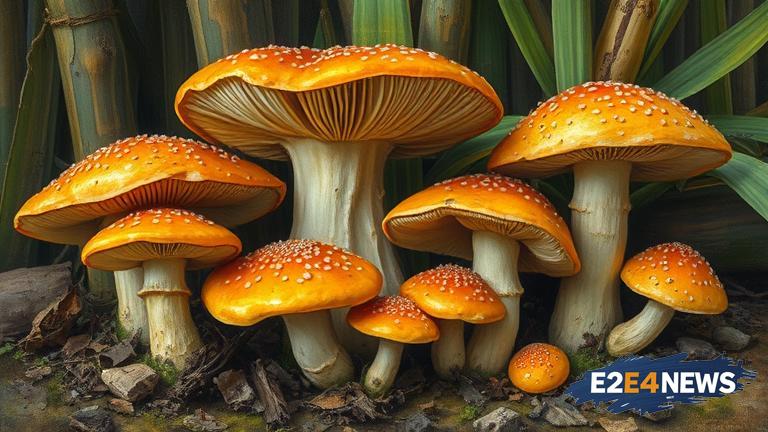In a groundbreaking initiative, Australian farmers have discovered an innovative method to grow exotic mushrooms using sugarcane waste, also known as bagasse. This pioneering approach not only reduces waste but also promotes sustainability in the agricultural sector. The process involves utilizing the fibrous residue of sugarcane, which is typically discarded, to create a nutrient-rich substrate for mushroom cultivation. By leveraging this waste material, farmers can minimize their environmental footprint while generating additional revenue streams. The exotic mushrooms grown using this method are of high quality and boast unique flavors, making them a sought-after delicacy in upscale restaurants. The cultivation process is relatively straightforward, with the bagasse being sterilized and inoculated with mushroom spores before being incubated in a controlled environment. As the mushrooms grow, they absorb nutrients from the bagasse, ultimately breaking it down and reducing waste. This innovative technique has the potential to revolutionize the way sugarcane waste is managed, with significant implications for the environment and the economy. Furthermore, the use of bagasse as a substrate for mushroom cultivation can help reduce greenhouse gas emissions associated with traditional farming practices. The Australian government has expressed support for this initiative, recognizing its potential to drive sustainable agriculture and promote eco-friendly practices. As the demand for exotic mushrooms continues to grow, this innovative approach is poised to play a vital role in meeting the needs of the market while minimizing waste and promoting environmental stewardship. The success of this project has also sparked interest among farmers and researchers worldwide, with many exploring the potential of using other types of organic waste to cultivate a variety of crops. In addition to its environmental benefits, this initiative has also created new opportunities for rural employment and economic growth. The exotic mushrooms grown using sugarcane waste have been met with enthusiasm by top chefs and restaurateurs, who appreciate their unique flavors and textures. As the industry continues to evolve, it is likely that we will see further innovations in the use of sugarcane waste and other organic materials to promote sustainable agriculture and reduce waste. With its potential to drive positive change and promote eco-friendly practices, this revolutionary approach to mushroom cultivation is an exciting development in the world of sustainable agriculture. The use of sugarcane waste to grow exotic mushrooms is a testament to the power of innovation and the importance of finding creative solutions to environmental challenges.
